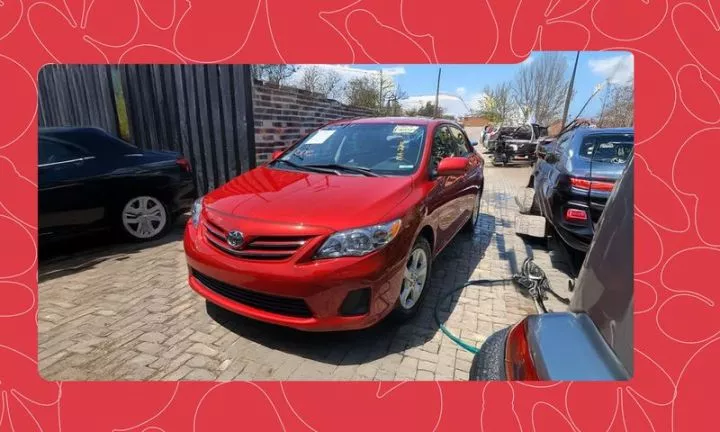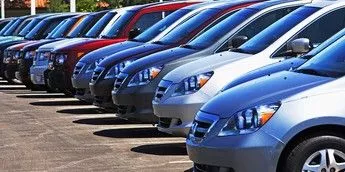Buying a Nigerian-used car? Don't get scammed. Here are seven crucial checks before sealing the deal, plus smart tools to buy alongside.

Buying a Nigerian-used car can be exciting because you're finally getting your own ride, ditching long waits at the bus stop, and skipping the surge pricing from ride-hailing apps.
Truthfully, Nigeria's second-hand car market is hit or miss. Among the good deals, you'll find cars that look spotless on the outside but are on life support underneath.
So if you're buying from a private seller, a dealer at Berger, or even via Instagram, here are seven non-negotiable things to check before parting with your hard-earned money.
1. Confirm the Vehicle Papers Are Genuine
The paperwork tells you more than the seller ever will. You'll need to ask for and inspect the following:
Original Proof of Ownership
Vehicle Registration
Insurance Certificate
Roadworthiness Certificate
Custom Papers (especially if it's a Tokunbo or imported car)
Ensure the chassis number (VIN) on the papers matches the one on the car itself. This is usually found under the bonnet or inside the dashboard.
For extra peace of mind, run the VIN through a verification service or ask the FRSC or MVAA for confirmation. If there's any story or excuse around missing papers, that's a red flag.
You can also make use of AXA Mansard and Leadway Insurance.
2. Check the Engine and Transmission (This One Is Crucial)
You don't need to be a mechanic to know when something doesn't sound or feel right, but bringing a trusted mechanic with you is highly recommended. Start the engine cold and listen for unusual knocks, rattles, or smoke.
Look out for:
Engine overheating
Rough idling or delayed response
Gear slipping or delayed shifting (in automatic cars)
Oil leaks or milky oil (a sign of water in the engine)
Engines and gearboxes are expensive to fix or replace, so if either one is faulty, walk away, no matter how affordable the car is.
3. Inspect the Mileage and Look for Odometer Tampering
Many Nigerian used cars have their odometer rolled back to appear newer. While low mileage is generally a good sign, always cross-check it with the car's condition. Worn-out seats, faded dashboards, or sagging pedals on a 'low-mileage' car should raise eyebrows.
If available, ask for service history or oil change records. If the seller dodges the question, that's your cue to be sceptical.
4. Pay Attention to the Suspension and Undercarriage
Given how unforgiving Nigerian roads can be, a car's suspension takes serious damage over time. Take the car for a test drive and listen for:
Clunking sounds when going over bumps
Excessive bouncing or swaying
Steering that pulls to one side
Remember to check the undercarriage for rust, welded parts, or signs of major impact. If it's heavily rusted or patched up, the car might have been in an accident or, worse, a flood.
5. Test All Electrical Components and the Air Conditioning
Driving in Nigerian heat without AC is not for the faint-hearted, and electrical repairs can be costly. When you inspect the car, check for:
Air conditioning (it must cool properly within a few minutes)
Dashboard warning lights (if the engine or ABS lights are on, that's a concern)
Power windows, side mirrors, and headlamps
Sound system, central locks, and wipers
A car that can't pass basic electrical tests may have wiring issues, especially if it's been through water damage.
6. Look for Signs of Flood or Accident Damage
Some sellers will respray and rebrand a car that's been through severe flooding or accidents, hoping you won't notice. But your eyes and nose can spot clues:
Mouldy or musty smells
Water lines under the seats or in the boot
Fresh paint jobs that don't match the rest of the car
Misaligned panels or inconsistent gaps between body parts
Flood-damaged cars are notorious for long-term issues, particularly with the electronics and engine.
7. Take a Long, Realistic Test Drive
I don't mean just a lap around the car park, I mean you need to drive the car on actual roads. Test how it handles on bumpy roads, in traffic, and at higher speeds. Pay attention to:
Braking response
Steering precision
Gear change fluidity
Unusual vibrations or sounds
If the seller seems hesitant to allow a long test drive, ask yourself what are they hiding?

















Comments